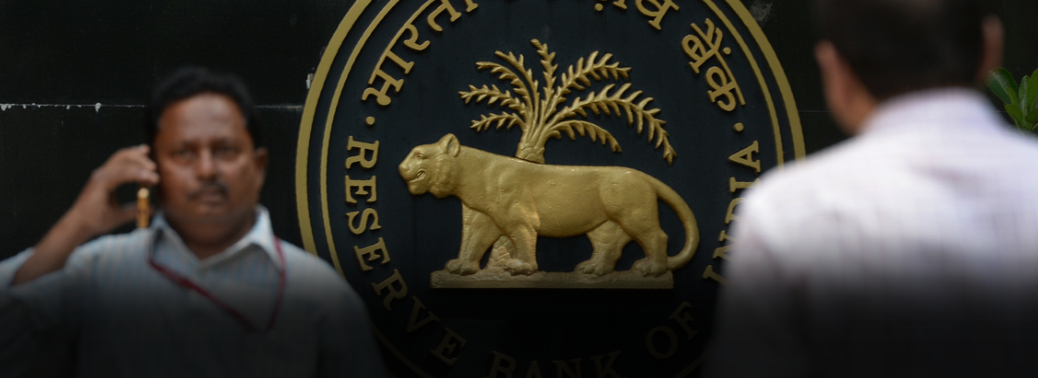RBI unlikely to transfer contingency fund to Govt.,
07, Feb 2019

Prelims level : Banking
Mains level : Indian Economy and issues relating to planning, mobilization, of resources, growth, development and employment
In News:
- The Reserve Bank of India (RBI) is unlikely to surrender to government’s demand of transferring funds that was set aside for contingency reserves in 2016-17 and 2017-18.
Explained:
- A total of Rs. 27,330 crores — Rs. 13,140 crores in FY17 and Rs. 14,190 crores in FY18 — was set aside by the RBI for the contingency fund.
- There was no precedence of such a dividend being paid, that is, from funds that have already been set aside for contingencies.
- But the government has requested the RBI for providing an interim surplus for the financial year 2018-19 on the analogy of previous financial year and transfer of the amount withheld from the surplus of 2016-17 and 2017-18
- At the same time, the RBI has now decided to conduct statutory audit of its account twice a year, so that it can transfer the surplus to the government as many times. The government has been demanding more funds as dividend from the RBI which has become a bone of contention.
- A six-member committee headed by former RBI Governor Bimal Jalan has been formed to review the economic capital framework of the central bank.
- RBI’s reserves amount to nearly 28 per cent of its total assets. The global average is around 16 per cent. Centre believes RBI should maintain reserves amounting to 15-16 per cent of total assets, in line with the global average. Hence, ECF’s new formula is likely work towards that end.
Term of Reference of ECF:
- It would be to review status, need and justification of various provisions, reserves and buffers presently provided for by the RBI, keeping in mind ‘public policy mandate of the RBI, including financial stability considerations.
- The committee will also review best practices followed by the central banks globally in making assessment and provisions for risks, to which central bank balance sheets are subjected.
- The panel would also suggest an adequate level of risk provisioning that the RBI needs to maintain, and to determine whether it is holding provisions, reserves and buffers in surplus or deficit of the required level.
- NThe committee would also propose a suitable profit distribution policy taking into account all the likely situations of the RBI, including holding more provisions than required and the RBI holding less provision than required.






